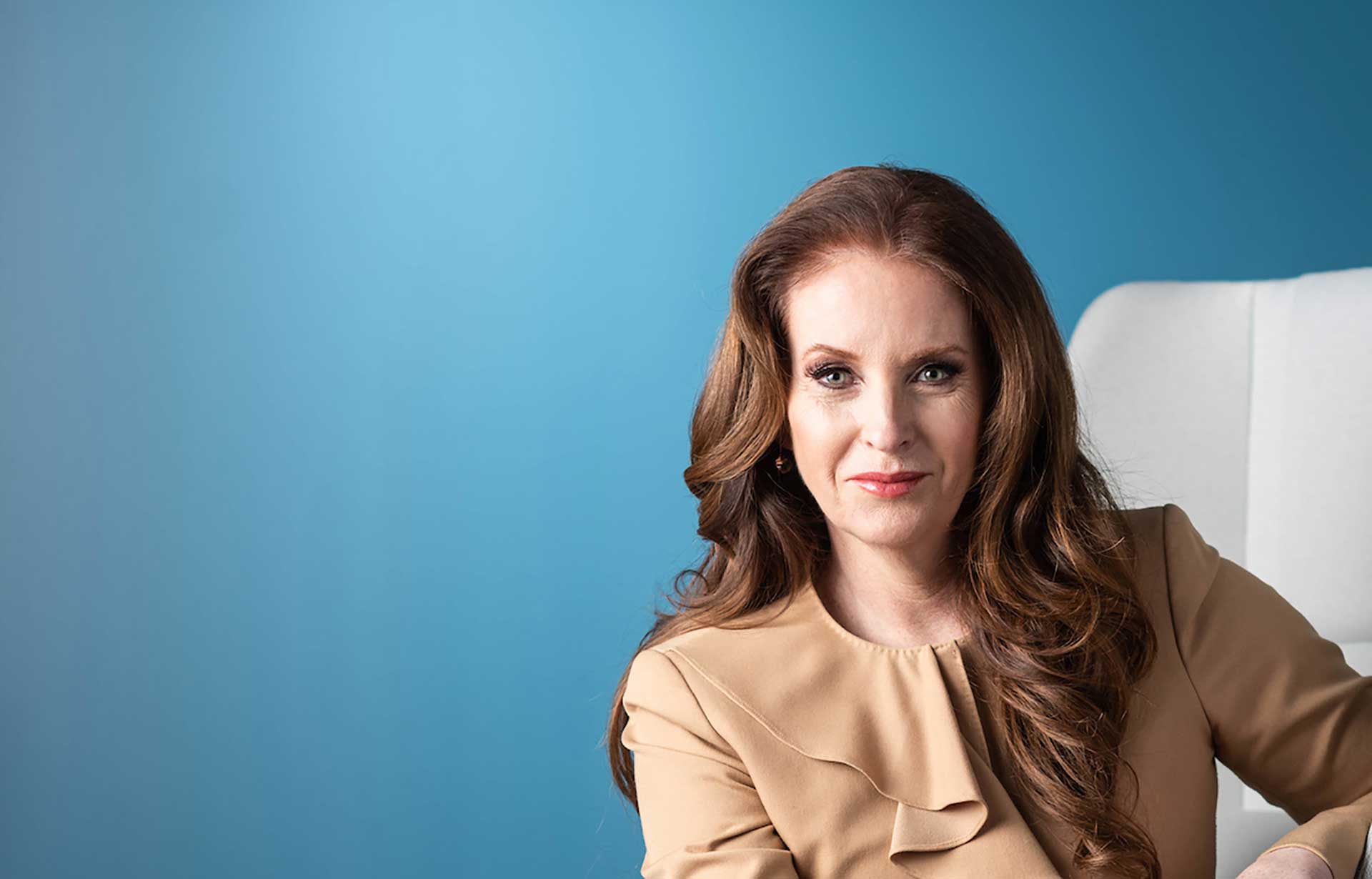
September 17th is World Patient Safety Day
On September 17, 2020, we will mark WORLD PATIENT SAFETY DAY, a cooperative effort of all 194 World Health Organization (WHO) member states. The objectives of World Patient Safety Day are to increase public awareness and engagement, enhance global understanding and spur global solidarity in action to promote patient safety. “Our purpose in honoring this date is to recognize patient safety as a global priority,” says Elizabeth Kaveny, Managing Partner of Kaveny + Kroll Trial Lawyers in Chicago (www.kavenykroll.com).
An experienced trial attorney representing patients in their recovery against health care providers guilty of medical negligence, Kaveny has long spoken out about the dangers that exist in our medical system…even pre-Covid-19 “Medical Error is the third leading cause of death in the United States, right behind Heart Disease and Cancer,” says Kaveny. “It has been noted that Covid is now the third leading cause of death but that’s only because Medical Error is not recognized by the Center for Disease Control (CDC) which collects and reports the data. Medical error can include misdiagnosis, delay in diagnosis, error in treatments such as medication or surgery, or lack thereof, all the way to criminal conduct. The causes of these ‘mistakes’ can range from inexperience and lack of education to an overtaxed system and lack of attention to detail.
The WHO reports that 4 out of 10 patients are harmed in the primary and/or ambulatory settings and up to 80% of these incidences can be avoided. Yet, while research efforts and funding routinely go to addressing and trying to reduce the risk of sickness and death from disease, much less can be said of working to mitigate the often lethal consequences of medical error. “So many of our clients’ families (or the direct victims of medical malpractice if they are fortunate enough to survive their ordeal) come to us with broken spirits and lives,” says Kaveny. “While our primary responsibility is to provide them with justice and financial compensation, we at Kaveny + Kroll spend much of our time strongly advocating for the need to proactively prevent these tragedies from occurring.”
In the current climate of Covid, many physicians and facilities are overwhelmed by the spread of the virus, What are we to reasonably expect in our system, straining under the weight of COVID-19? The truth is we can expect a higher than ‘normal’ amount of medical error, failure or delay in diagnosis. This could be the current or future heart patient, cancer patient or victim of infection whether home or facility based. Essentially, we concern ourselves with our most vulnerable segments of the population, which we all try to support every single day.
“For everyone so bravely fighting our current COVID-19 pandemic, please keep in mind that with medical error acting as the annual cause of 250,000 to 400,000 deaths alone not to mention injuries per year, patients essentially experience a pandemic of medical error…every year,” says Kaveny.
But, there are ways to help advocate and prevent mistakes from happening and part of that starts with choosing the right providers or facilities based on your individual needs and circumstances. “To help assure yourself the best care, it’s important to do your homework and serve as your own ‘Medical CEO’ when making potentially life changing decisions,” suggests Kaveny. ““Many patients try to achieve a ‘one stop shop’ when it comes to their healthcare, something we do not recommend based on our experience “While your primary physician may make all referrals ‘in house’ and suggest ‘continuity of care’, many times, this is about convenience and allegiance to their own health system. In a rapidly changing and dynamic medical and scientific environment, you may have to go the distance for the best diagnosis depending on your condition, even if that distance is across town or further. The goal is to get the best care for you and your family, not the easiest.”
Kaveny recommends doing your research starting with Google, Medical ratings websites and recommendations from friends, family and those that are specifically dealing with your condition. “Word of mouth still remains one of the best ways of locating the best care,” says Kaveny.
Once you locate a physician, remember:
1) Be Honest in retelling your past, present and what you expect for your future
2) Ask about their experience in your particular condition
3) It’s okay to ask if they have been sued! A physician who responds negatively may be a red flag.
4) Ask about the possible complications that could occur, with your condition or their treatment
Keep in mind, the ‘visit’ goes both ways. “A good physician works from the SOAP model,” says Kaveny. “This allows for the most thorough view of a patient, their condition(s) and concerns. It can also be a checklist for patients in evaluating their physician experience.”
S – Subjective (Patient History)
O – Objective (Exam)
A – Assessment by Physician
P – Plan of Treatment/Management
“Being knowledgeable and prepared is an important element of Patient Safety Advocacy, on September 17th as well as through the rest of the year,” says Elizabeth Kaveny. “This is part of our mission to protect and serve not only our client population but the population as a whole.

